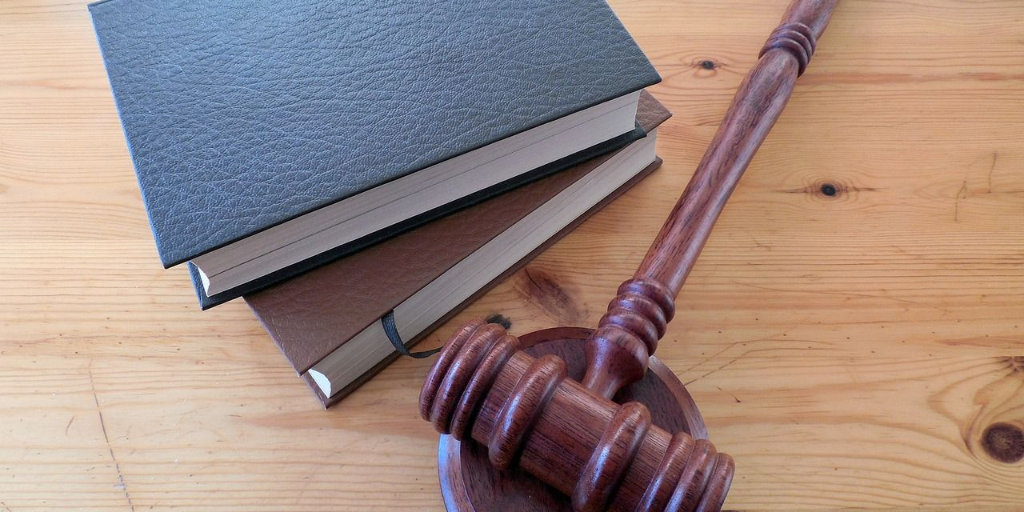In a bankruptcy case, certain actions can be considered fraudulent, which could result in serious consequences like the denial of a discharge, fines, or even criminal charges. Here are some common mistakes that could be viewed as fraud by a bankruptcy court:
1. Incurring Debt with No Intention to Repay
- Recent Credit Card Usage: Making significant purchases or cash advances on credit cards shortly before filing for bankruptcy can be seen as fraud, especially if it’s clear that you didn’t have the means or intent to repay those debts.
- Luxury Purchases: Buying luxury goods or services (e.g., vacations, jewelry) within 90 days of filing for bankruptcy can be presumed as fraudulent and might not be discharged.
2. Transferring or Hiding Assets
- Transferring Property to Friends/Family: Transferring property to someone else (like family members or friends) to avoid having it included in your bankruptcy estate could be seen as an attempt to hide assets.
- Selling Assets Below Market Value: Selling your property for less than it’s worth before filing for bankruptcy may also be viewed as an attempt to defraud creditors.
3. Concealing Assets
- Not Listing All Assets: Failing to disclose all your assets in your bankruptcy petition is a common red flag for fraud. This includes physical assets (e.g., cars, homes, valuable personal items) and financial assets (e.g., bank accounts, stocks, retirement accounts).
4. Providing False or Incomplete Information
- Misrepresenting Income or Debts: If you provide false or incomplete information about your income, debts, or financial condition, the court could consider it fraud. This includes exaggerating debts or underreporting income.
- Falsifying Financial Records: Any attempt to falsify tax returns, pay stubs, bank statements, or other financial documents submitted in your bankruptcy case could result in fraud charges.
5. Making Preferential Payments
- Repaying One Creditor Over Others: Paying off debts to one creditor (especially family members or friends) while ignoring others within a certain time before bankruptcy may be seen as giving preferential treatment, which can raise suspicions of fraud.
6. Running Up Debt to Discharge it in Bankruptcy
- Taking out Loans: Taking out loans, credit, or cash advances with the expectation that they will be wiped out in bankruptcy (and without intending to repay them) can be considered an intentional misuse of the bankruptcy process.
7. Inconsistent Financial Statements
- Mismatching Filings: Providing inconsistent financial information on different forms or in court proceedings (e.g., between bankruptcy filings and loan applications) can indicate an attempt to deceive the court.
8. Abuse of Bankruptcy Filings
- Multiple Filings: Repeatedly filing for bankruptcy to delay creditors or avoid paying debts, without any real intention of completing the process, can be seen as fraudulent.
Consequences of Bankruptcy Fraud:
- Denial of Discharge: Your bankruptcy case could be dismissed, and your debts may not be discharged.
- Criminal Charges: Bankruptcy fraud is a federal offense, and you could face fines or prison time.
- Loss of Exemptions: The court may deny you the ability to protect certain assets if fraud is detected.
To avoid any potential accusations of fraud, it’s crucial to be honest and transparent in all your dealings with the bankruptcy court and your creditors. Consulting with a bankruptcy attorney can help you understand what actions may raise concerns and ensure that your case proceeds without issues.
